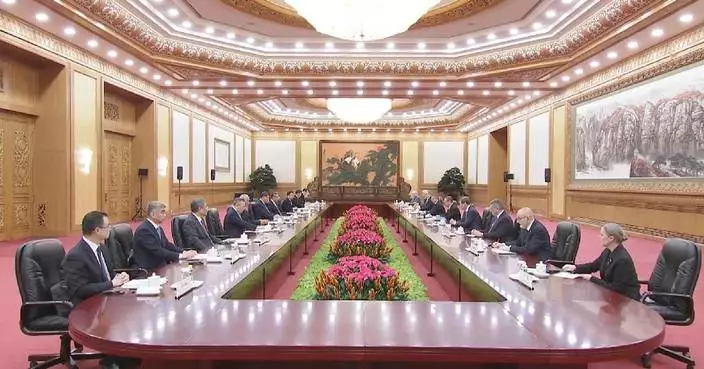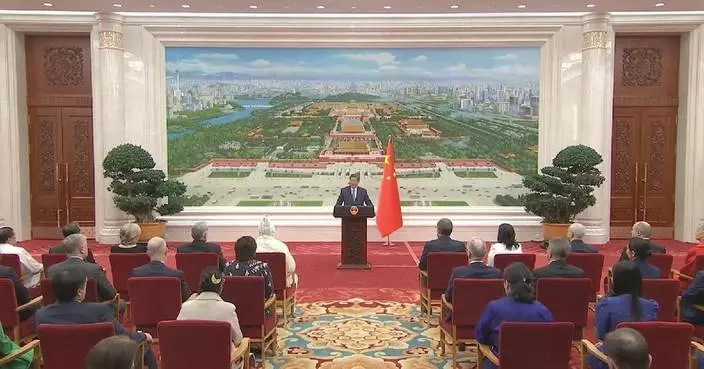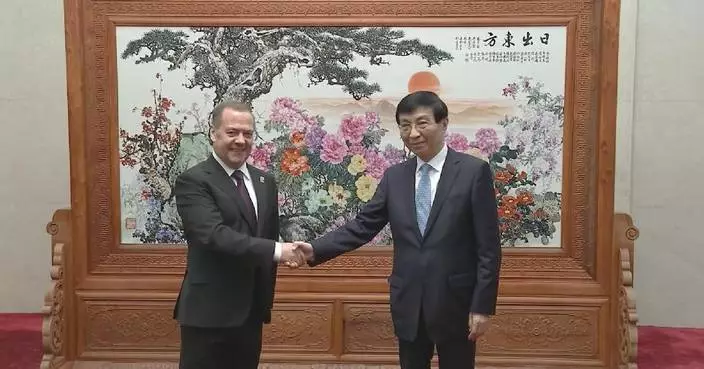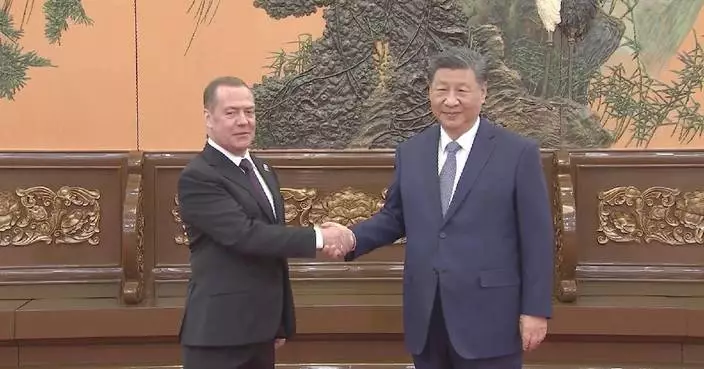Malaysia hopes to see China and the United States maintain normal economic and trade relations, as many other countries also have a stake in how the two major economies approach their ties, Malaysian Minister of Investment, Trade and Industry Tengku Zafrul Abdul Aziz said Wednesday in Lima, Peru. Tengku Zafrul Abdul Aziz is in the Peruvian capital for the 31st Asia Pacific Economic Cooperation (APEC) Economic Leaders' Meeting, which will gather dignitaries and representatives from the 21 APEC member economies for two days of engagement.
Speaking in an interview with China Global Television Network (CGTN), the Malaysian minister underscored the influence of China and the U.S. on the global economy, saying the two sides should always work together to address their frictions and avoid negative implications.
"When you look at the tariffs imposed, the trade tensions, technology wars between two major powers, of course we are concerned. I think it's important that this platform is being used to engage the United States and also engage China. If you look at these two economies [which account for] close to 45 percent of the world GDP and trade as well, there will be, to me, negative implications if the economies of the world trade less with each other," he said.
When asked how he felt about a potential meeting between the leaders of China and the U.S. on the sidelines of the Lima summit, Tengku Zafrul Abdul Aziz said it would be of great importance because other economies also stand to lose if the two major countries fail to properly handle their trade ties.
"I hope there is engagement and discussion of the potential repercussion, because if you look at the statistics among APEC member economies, they are heavily reliant on these two major economies when it comes to trade as well, and investment. So, we want to see, of course, these two nations continue to grow, because if they slow down, we slow down, too," he said.
The minister also weighed on the positive role of the Chancay Port, a major infrastructure project funded and built by China in Peru, in helping open new trade routes and bringing down shipping costs for Southeast Asian countries like Malaysia that also trade with Peru and other South American nations.
"It is a big major investment by a Chinese company. We discussed this yesterday actually here, because we have one of our CEOs of the largest port in Malaysia [who] is also present here today. He briefed us about that positive prospects and how we also, I mean Malaysia, can benefit from this. So, I think that's positive. This will drive down costs and I think the one that will benefit at the end of the day is the consumers," he said.
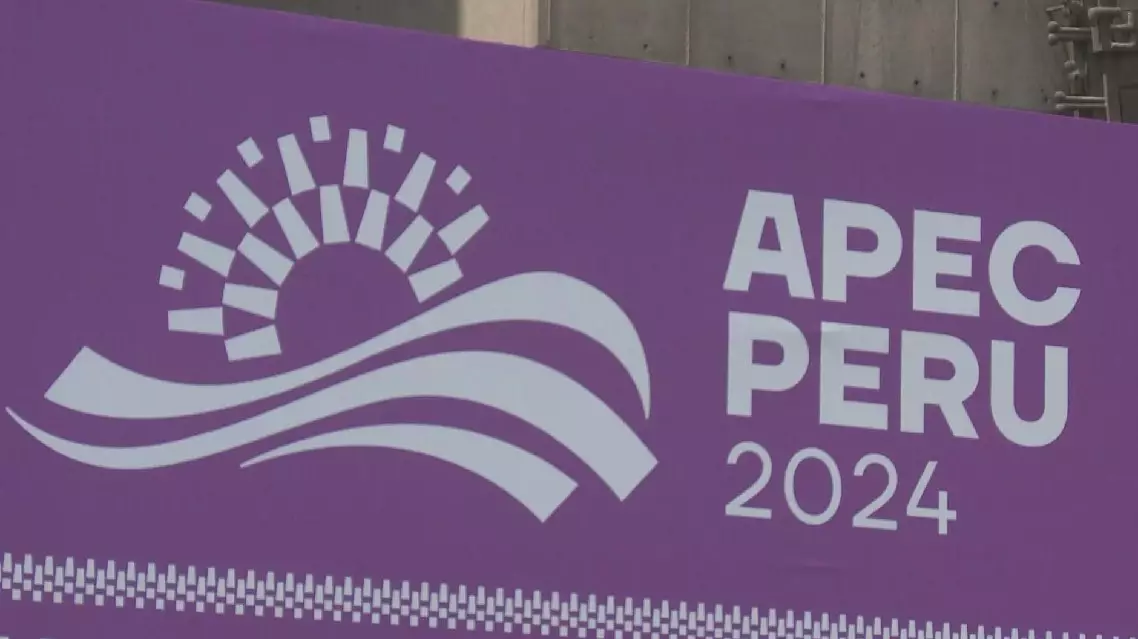
Malaysia hopes for normal economic, trade ties between China, US: minister




